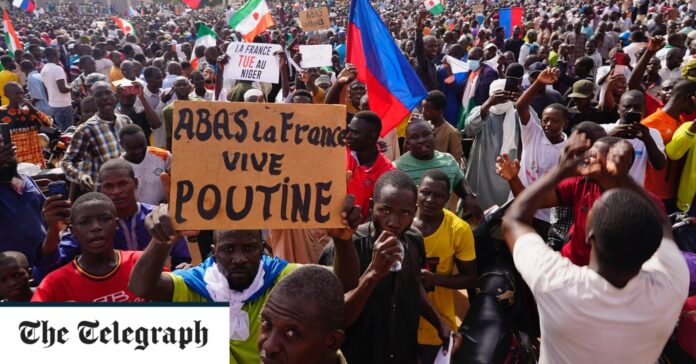The West is allowing power vacuums to form across regions like the Sahel. The security implications are profound
The military coup in Niger has forced a withdrawing West to once again take a long hard look at its policies in the region.
While the former colonial power, France, has long maintained cordial if at times fractious political relations with its former colonies, Pairs has until recently kept a firm military footprint across the vast region. So too have Britain, with former coastal colonies and a military deployment to Mali as part of the UN peacekeeping mission, and Washington – which conducts military operations across the Sahel as part of its wider counter-terrorism agenda.
In the last two years, these western deployments have been scaled back, often due to deteriorating bilateral political relations as the collective West began to spend more and more diplomatic capital addressing the multifaceted threats posed by Russia to Europe, and by China to the Indo-Pacific.
As a result of this changing of global geopolitical realities, many regions which have traditionally been a focus of the West have seen a stagnation of national political interest, deteriorating bilateral relations and, as a result, immense power vacuums in the wake of western withdrawal.


